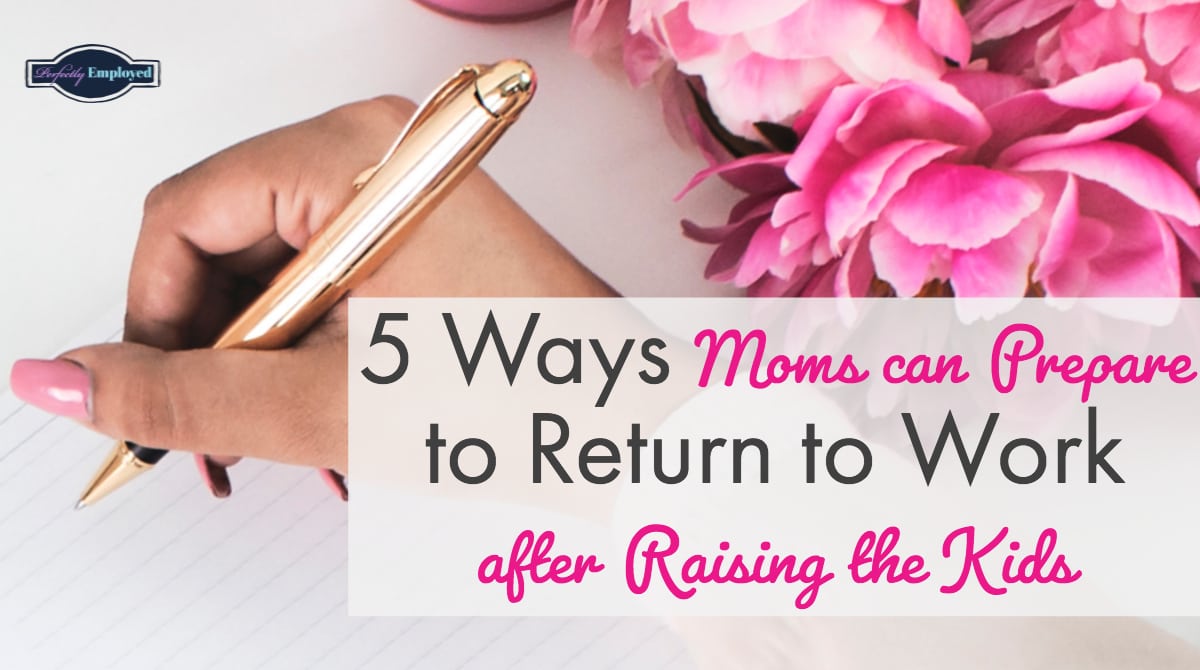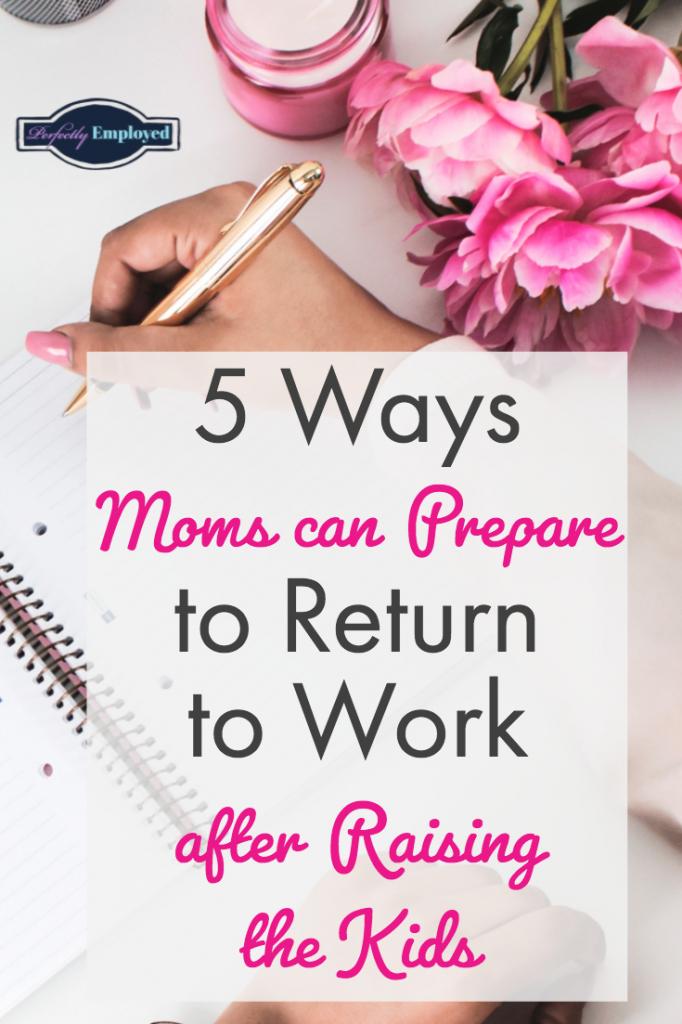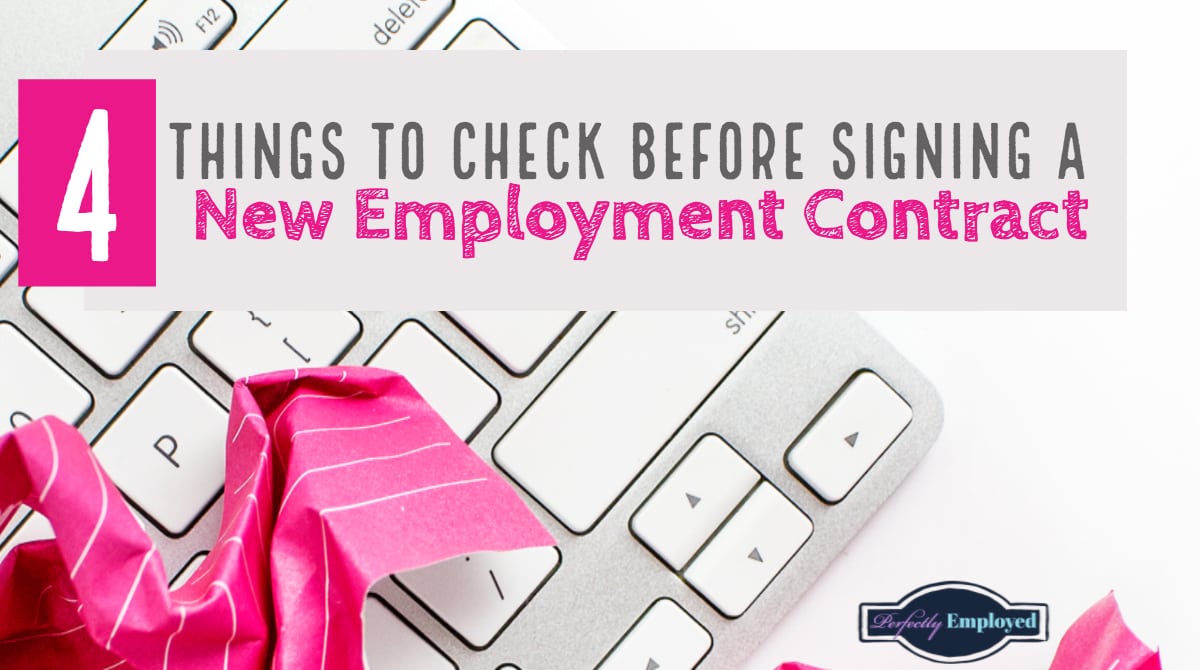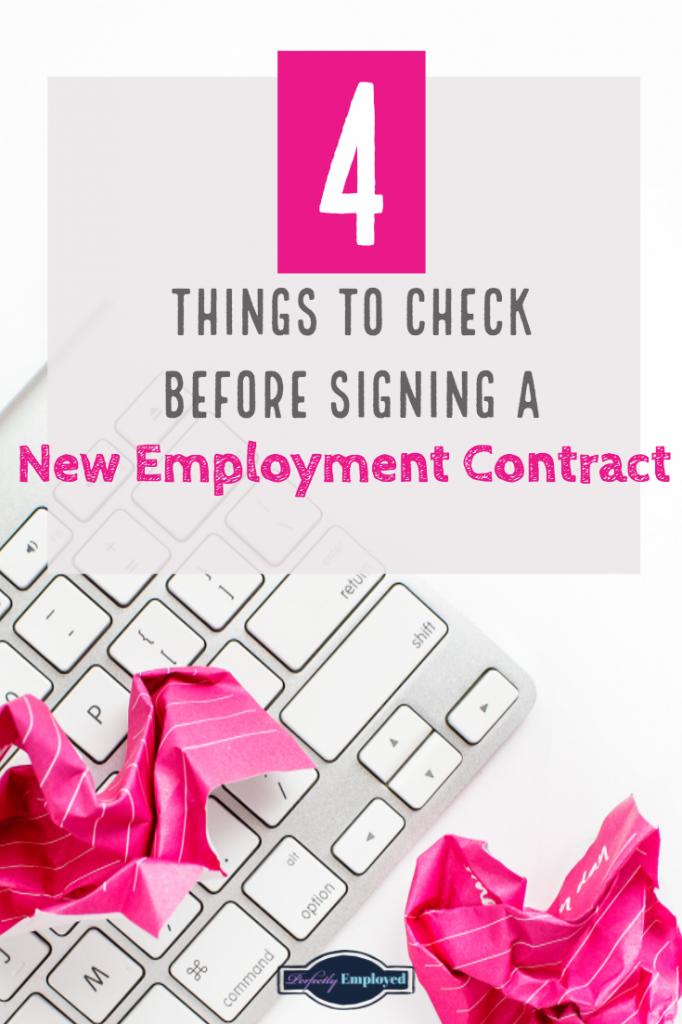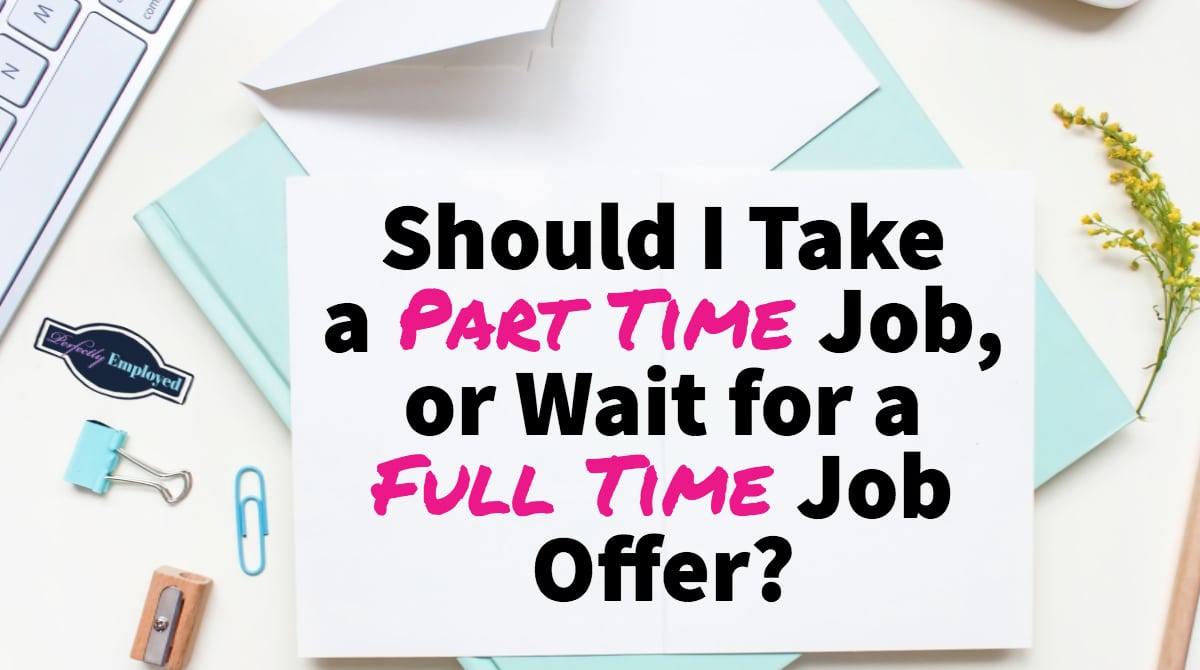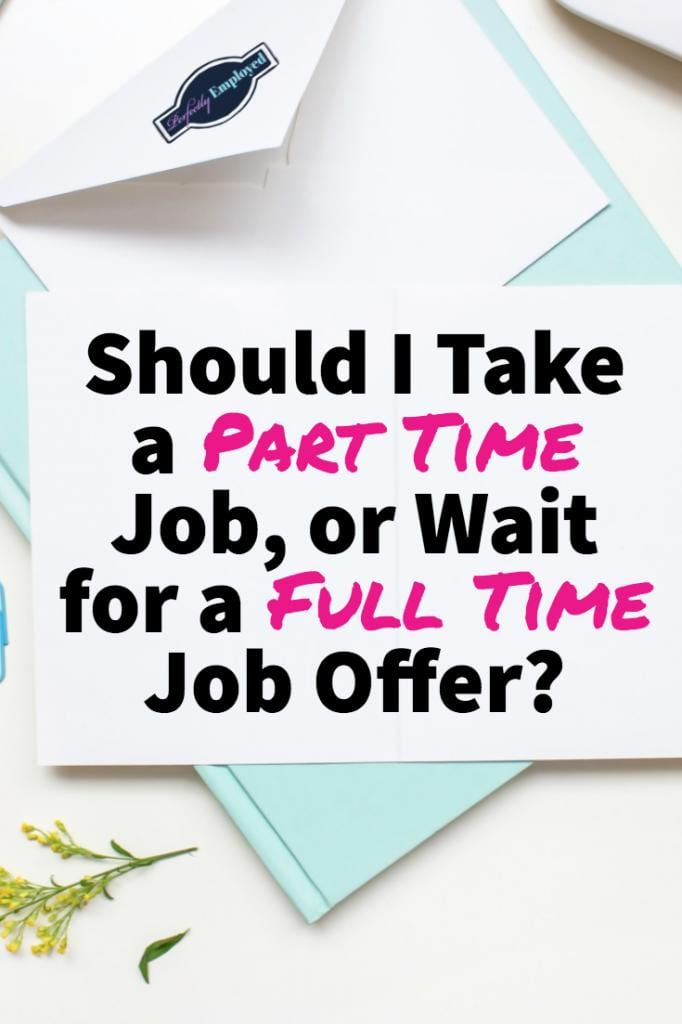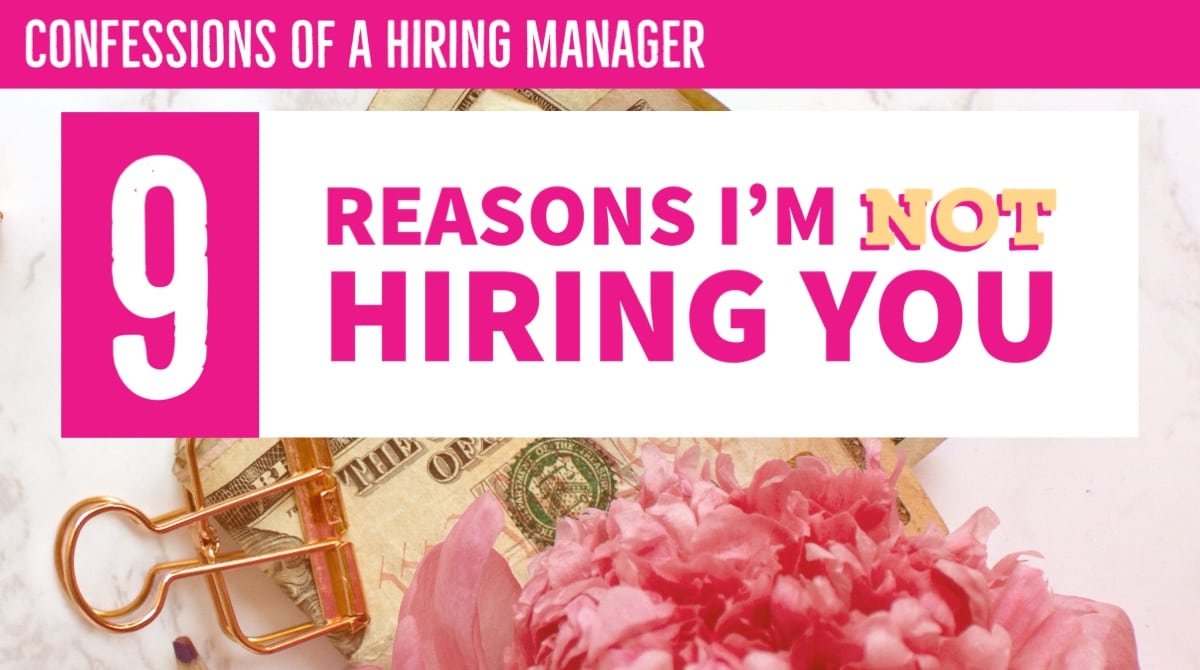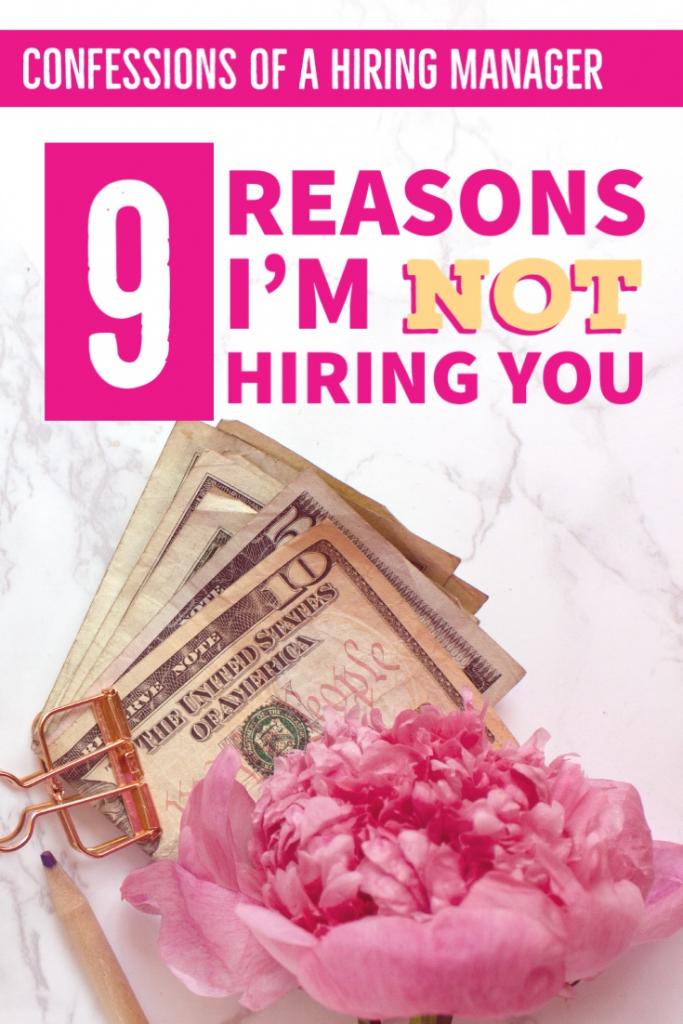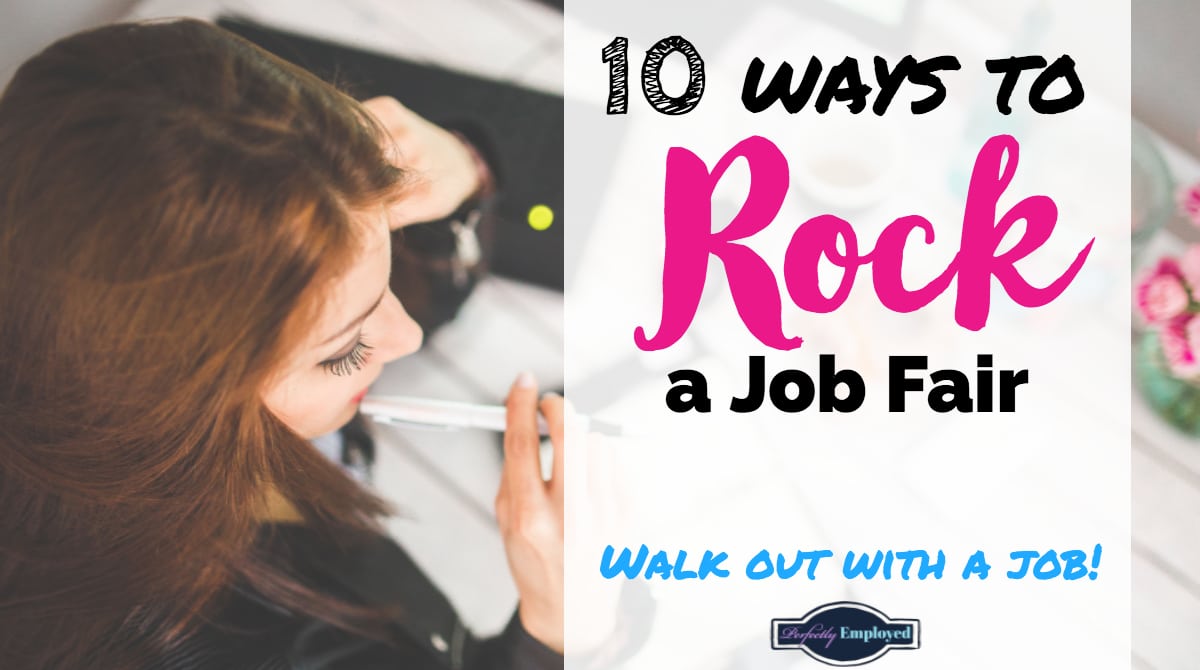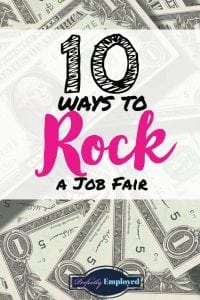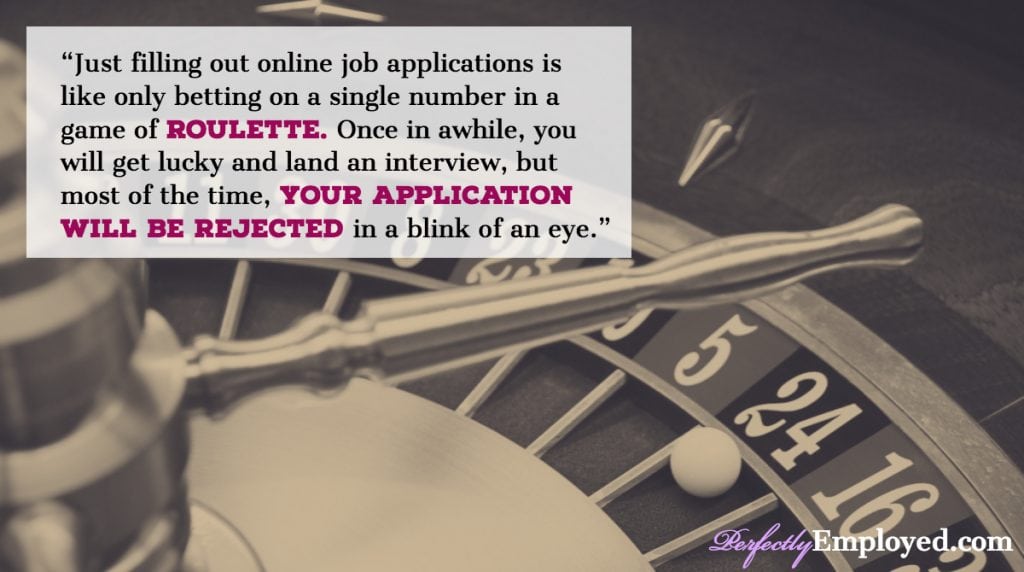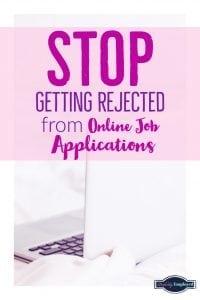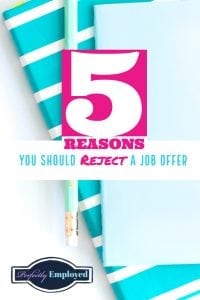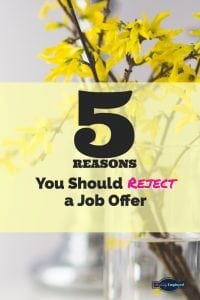
Congratulations! You’ve graduated college. Your long journey from home education or public school drama to learn-who-you-are college life is complete. Next step: the real world.
You have a lot on your mind right now. You have to frame your diploma, open your graduation gifts, and wash a semester’s worth of laundry. Sooner or later, though, you are going to have to face the fact that you’re not going back to school in the fall, and it’s time to grow up and start adulting. Are you ready?
You might be feeling a bit overwhelmed, so we’re going to keep this short and easy for you. Here are four small steps you should take right now to start crafting your adult life successfully:
1. Get Your Money In Order
The moment you stepped out of the grand doors of your college institution, your financial circumstances changed drastically. You don’t have a lovely financial aid check coming each semester. Your parents aren’t going to pay your bills any more. If you’re like most college graduates, you now have a student loan to pay. It’s a big smack in the face—you need to take a harsh look at your money situation.
To help with the student loan saga, visit studentloansconsolidation.co to learn how to make it easier to swallow. Believe it or not, there are all sorts of income-sensitive plans for paying back your loans. Your loan officer won’t do this automatically, though. You have to fill out the proper paper work and ask for it.
You should also sit down and create a budget. Figure out what, realistically, you can spend each month on necessities and luxuries. Necessities include food, transportation, and a place to live. Everything else is a luxury.
2. Find a Real Job
Your shiny new degree has a purpose—to help you find a job. It’s the key to unlock jobs that require a college degree. You’ve worked hard to earn it, but now it’s time to let it serve its purpose.
So, you need a resume that shows that you’re more than just that shiny new degree. A creative copywriter can help you spruce up your resume and tell your story in a way that employers see you as the perfect person for the job. You should also tidy up your LinkedIN profile and take a good long look at your social media profiles to make sure you look squeaky clean online for employers. A lot of them will Google you before an interview, so make sure they find exactly what you want them to find.
You also need to prepare for job interviews. Find two outfits you can wear to interviews that are completely professional and make sure they are always clean and pressed, waiting for you to land an interview. You should practice how you will answer common job interview questions, like “tell me about yourself” and “describe a situation where you solved a problem.”
Of course, you also have to actually apply for jobs. Set weekly goals for the number of job applications you will complete, and keep a log of where and when you applied. The log will help you send follow up emails, and it also shows you and your parents the amount of effort you’re putting into your job search.
3. Gain More Skills
Just because you’re done with college doesn’t mean you’re done learning. While you’re job hunting, work on acquiring more skills for your resume, and bonus points if those skills are directly related to your industry. You can learn anything technology-related on the internet, so there’s no excuse not to learn a coding language like HTML or software used everywhere, like Adobe Acrobat.
At the very least, find a course in leadership, management, or marketing. No matter what your industry, eventually you will want to lead something, and learning to market products also helps you learn to market yourself.
The point is, you should never stop learning. The world changes rapidly, and you should be able to change right along with it.
Related Posts You Might Like:
- 15 Summer Side Hustles for College Students
- 10 Fun Ways College Students Can Build their Resumes this Summer
- What to Write when Emailing a Resume
- Delete High School and More from Your Resume
4. Make a Lifestyle Design Plan
While you’re focusing on finding a job and figuring out how to pay your bills, it’s important that you think about the kind of future you want. You need a clear idea of what you want from your personal life so that you can stay focused on achieving it.
Many people want a family, but there’s no rush for that. Make a list of goals for things you want to do and what your ideal life would look like. Maybe you want to travel the world, or achieve a fitness goal. Maybe you want to meet new friends or stay connected to old ones. Maybe you want a house at the beach or a cabin in the mountains. Making a list, or at least a Pinterest board will help you remember what it is you really want out of life. It will remind you why you’re working so very hard.
Save to Pinterest



